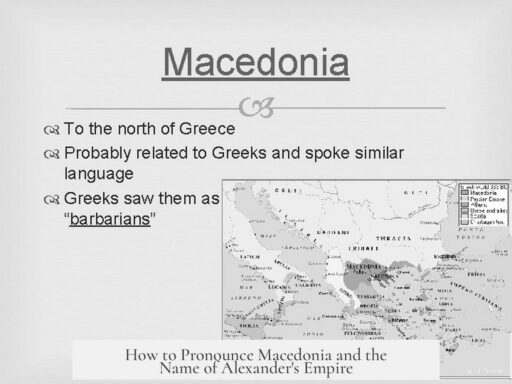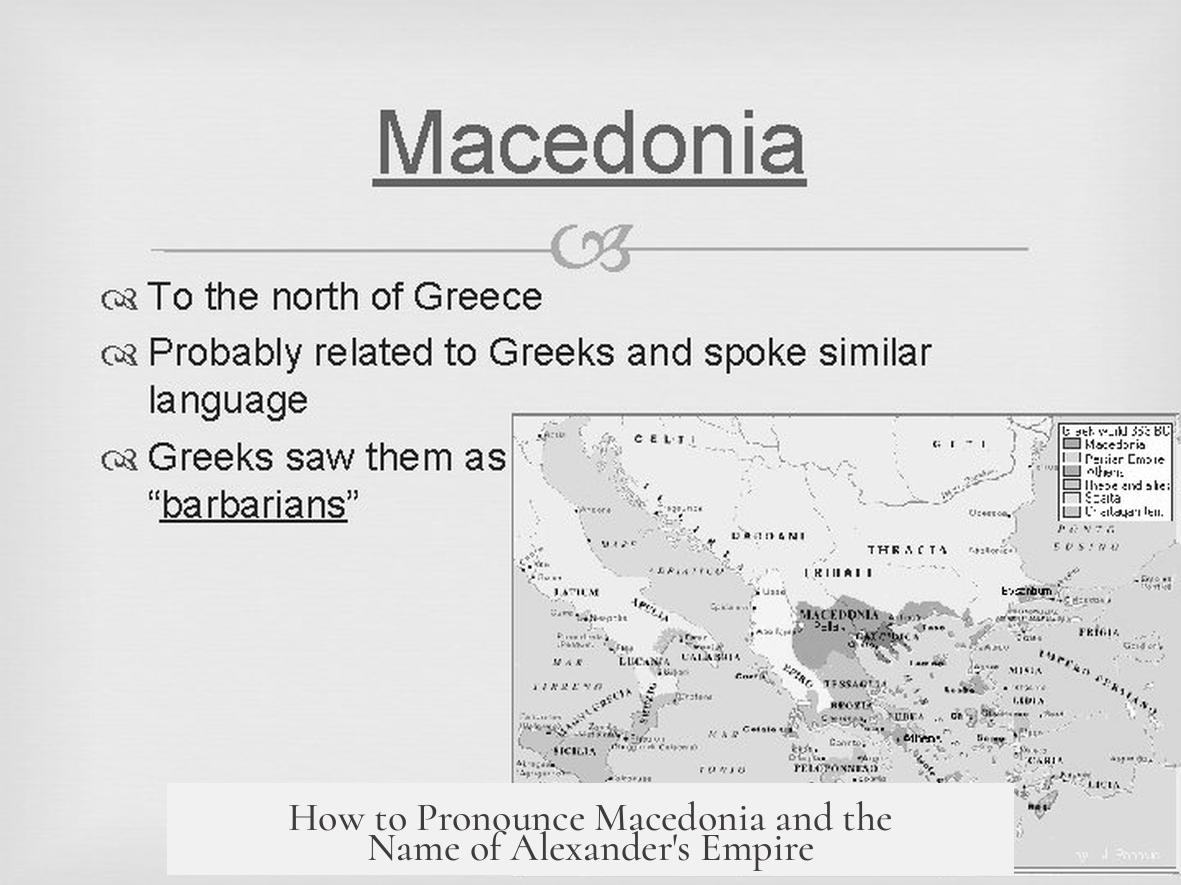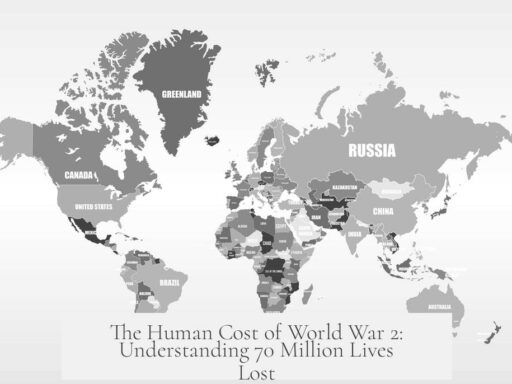The pronunciation of “Macedonia” varies depending on language and historical context, while Alexander the Great likely did not call his empire “Greek” or “Macedonian” but conceived it as a united world.
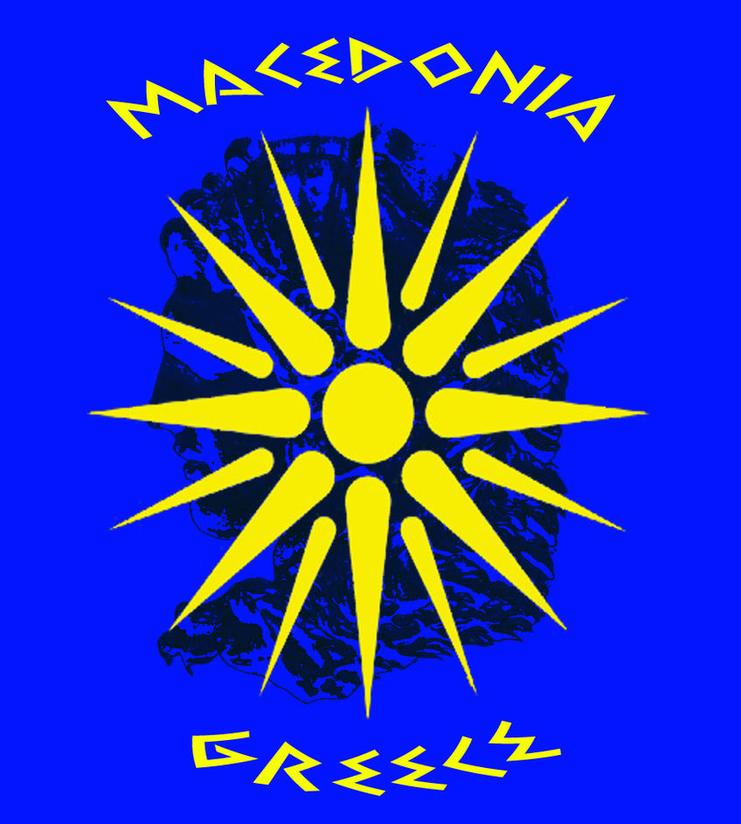
In Greek, Μακεδονία is pronounced roughly as Mak-e-donia with a hard “κ” sound, similar to a “k.” This matches the original ancient Greek pronunciation, where the letter κ (kappa) is always hard.
When the Greek term was adopted into Latin, the Greek κ became the Latin C, and over time, English speakers began to soften the C, often pronouncing it as Mass-e-donia. Scholars who emphasize historical accuracy often prefer the original Greek form Mak-e-donia when discussing the ancient kingdom. Some Latinists now follow classical Latin styles, pronouncing names closer to original sounds, such as “Kikero” for Cicero, applying similar rigor to Macedonia.
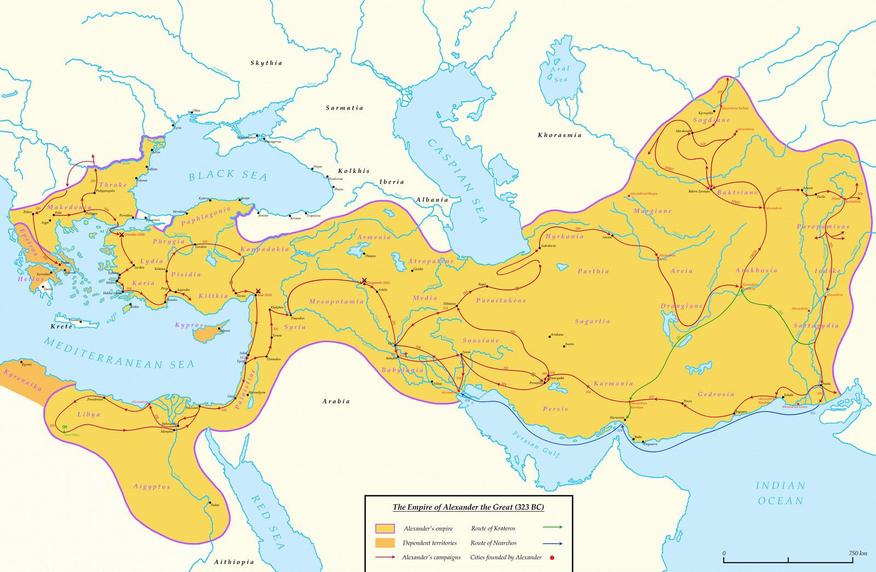
Regarding Alexander’s empire, the historical sources indicate that Macedonians and Greeks saw themselves as distinct peoples in antiquity. Macedonians were considered barbarians by many Greek city-states. Politically, Macedonia was not organized as independent city-states like Greece but was a kingdom governing regions including important cities like Pella and Thessalonike.
Militarily, Macedonians relied heavily on cavalry units, a contrast to the hoplite infantry-centric Greek armies. This reflects differences in geography and culture; Macedonia had more space for horse-rearing.
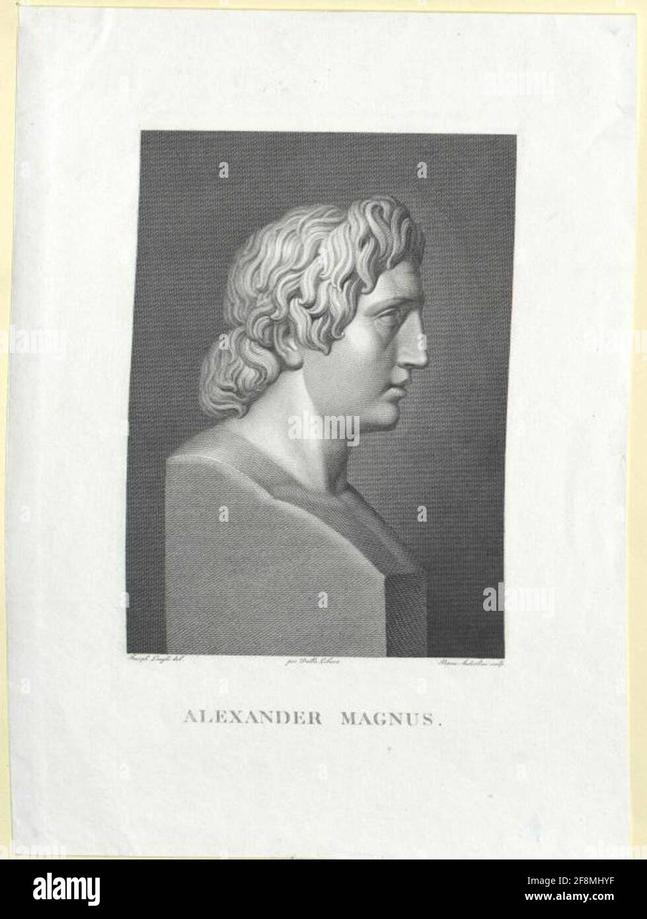
Alexander likely did not identify his empire as strictly Greek, despite spreading elements of Hellenistic culture across his conquered lands. “Hellenism” refers to the cultural diffusion his conquests encouraged but is distinct from Greek city-state identity.
Some historians, drawing on sources like Arrian, suggest Alexander viewed his empire as a unified world rather than a mere Macedonian or Greek domain. His aim was not mere conquest but to create a unified realm to end conflict under one flag.
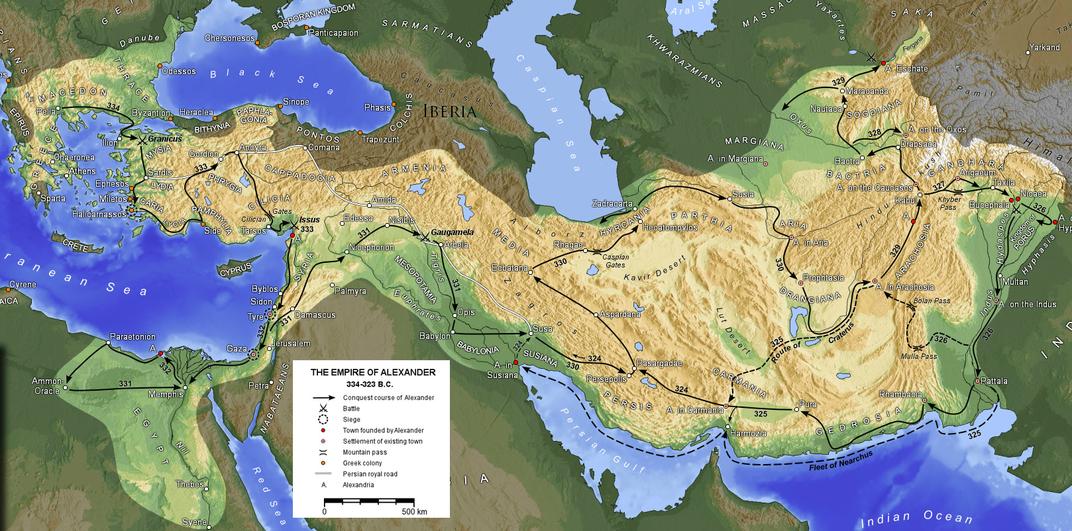
- Greek pronunciation: Mak-e-donia with hard ‘k’
- English/Latin influence softens “C” in Macedonia
- Macedonians seen as distinct from Greeks
- Macedonia governed regionally, unlike Greek city-states
- Alexander’s empire viewed as a unified “world”
How do you Pronounce Macedonia? Also, What Did Alexander Call His Empire?
When you first see the word Macedonia, your brain might instinctively say, “Mass-e-donia” or “Mac-e-donia.” But which is correct? And if you take a time machine back to Alexander the Great’s era, what would he have called his sprawling, legendary empire? Buckle up. We’re diving into pronunciation puzzles and ancient identity crises with a touch of history’s greatest conqueror.
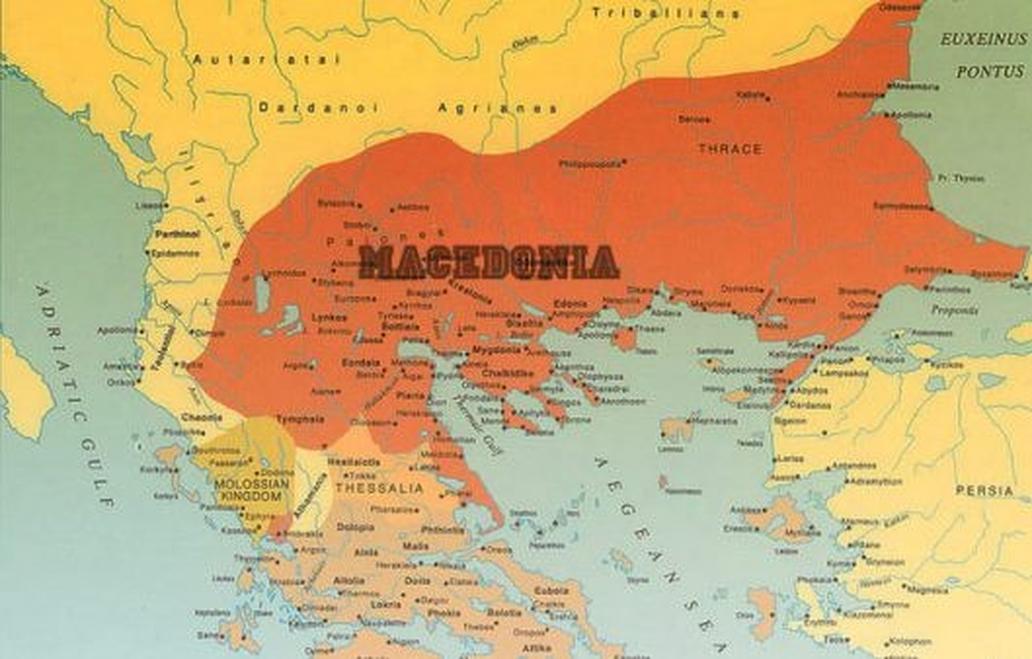
First, how do you pronounce Macedonia?
The short answer: Macedonia is pronounced Mak-e-donia (with a hard “k” sound), especially if you want to be historically accurate. That “soft C” sound many English speakers use? Well, that’s a bit of a modern twist.
Let’s unpack this. The ancient Greek word is spelled Μακεδονια (with some accent marks, but who’s counting). Greek uses the letter κ (kappa), which is a hard “k” sound. So, in Greek, you’d say “Mak-e-donia.” Simple and punchy.
When the Romans translated Greek words into Latin, they swapped the Greek κ for a Latin C. But Latin “C” was always a hard “k” sound too. The English language, with its love for soft Cs (think ‘city’ or ‘center’), gradually shifted pronunciations. So, instead of “Mak-e-donia,” many English speakers say “Mass-e-donia” or “Mac-e-donia.” Admittedly, soft Cs are easier on the tongue, but for history buffs, it’s a bit of a blunder.
Academics and historians, especially when discussing events or regions from ancient times, generally prefer the original, Greek-flavored “Mak-e-donia.” It’s a little nod to authenticity and a way of keeping the story true to its roots.
For those lovers of classical Latin, there’s a trend to revive Latin pronunciations as well. Just as Cicero is more accurately pronounced “Kikero” rather than “Siss-er-o,” “Macedonia” here keeps the hard “k” intact.
So, why does any of this matter beyond trivia nights?
Pronunciation is a portal to history. Saying “Mak-e-donia” places you closer to how ancient people would have spoken. It’s like time-traveling through sound. Language shifts carry stories about culture, conquest, and identity. And speaking of identity, let’s jump to Alexander’s empire and what he called it.
What Did Alexander the Great Call His Empire?
This is where things get spicy. Most people call Alexander the Great a “Greek conqueror.” But did Alexander himself consider his empire “Greek”? Not exactly.
The simple truth is that the ancient Greeks did not see Macedonians as true Greeks. The Macedonians, with their regional governance and cultural quirks, were considered a bit of barbarians. That’s pretty harsh, but it highlights a big cultural rift from the period.
Unlike the Greek city-states (known as “polis”), which were fiercely independent and politically fragmented, Macedonia was more unified under regional control. Cities like Thessalonike and Pella didn’t function independently as the Greek city-states did. That mattered. It shaped identity.
Militarily, Greeks loved their hoplite warfare—armored infantry fighting in close formation. Macedon? They relied heavily on cavalry and horse-mounted tactics. The abundant pastures in Macedonia allowed for large herds of horses, perfect for cavalry dominance. This military difference was more than tactic; it was a cultural statement.
Alexander, raised in this Macedonian environment, would likely not have called himself “Greek.” Nor would he have called his empire “Greece.” The cultural rivalry was too strong. Instead, Alexander envisioned something much broader.
According to ancient sources like Arrian, Alexander saw his empire as “the world.” Not in a boastful, conquer-the-universe sense, but as a united entity designed to end endless wars between peoples. This was a radical ambition. Almost naive, maybe, but noble. A melting pot under one banner.
His empire was a blend of cultures, a mosaic representing many lands and peoples—from Egypt to Persia to parts of India. This vision aligns more with the idea of Hellenism, which means cultural diffusion or mixing of Greek and Eastern cultures, than a mere Greek empire.
So-called “Hellenic” differs from “Greek.” Hellenic refers to the classical Greek culture, while Hellenism, fueled by Alexander, is the spreading and mixing of that culture with others. Alexander’s empire was not purely Hellenic; it was something new and hybrid.
Why Should We Care About Alexander’s Empire Name?
It helps us understand the complexity of ancient identities. Not everything ancient is black-and-white. History shows us human complexity existed even then.
Macedonia was no random kingdom. It was a cultural force with its own traditions, which influenced, but did not equal, Greek identity. Recognizing Alexander’s nuanced view reminds us to beware of oversimplified history.
Plus, when you get this pronunciation and identity right, you up your conversation game at museums, history classes, or even while binge-watching historical dramas. Saying “Mak-e-donia” and explaining Alexander’s “world empire” mindset will get some impressed nods.
In Summary:
- Macedonia is best pronounced as Mak-e-donia with a hard “k” sound, reflecting its Greek origins.
- The English soft “c” pronunciation, “Mass-e-donia” or “Mac-e-donia,” is a later evolution influenced by Latin and English linguistics.
- Alexander the Great would probably not call his empire “Greek.”
- He would regard it as a world empire, embracing a vision of broad unity and cultural diffusion, known as Hellenism.
- This empire was distinctively Macedonian in governance and military, not a mere extension of Greek city-states.
Next time someone asks how to say “Macedonia” or debates what Alexander called his empire, you’ll have the full, nuanced answer that’s anything but boring. History deserves a pronunciation that respects its depth, and Alexander’s ambition deserves an empire name that matches its grand scale.
